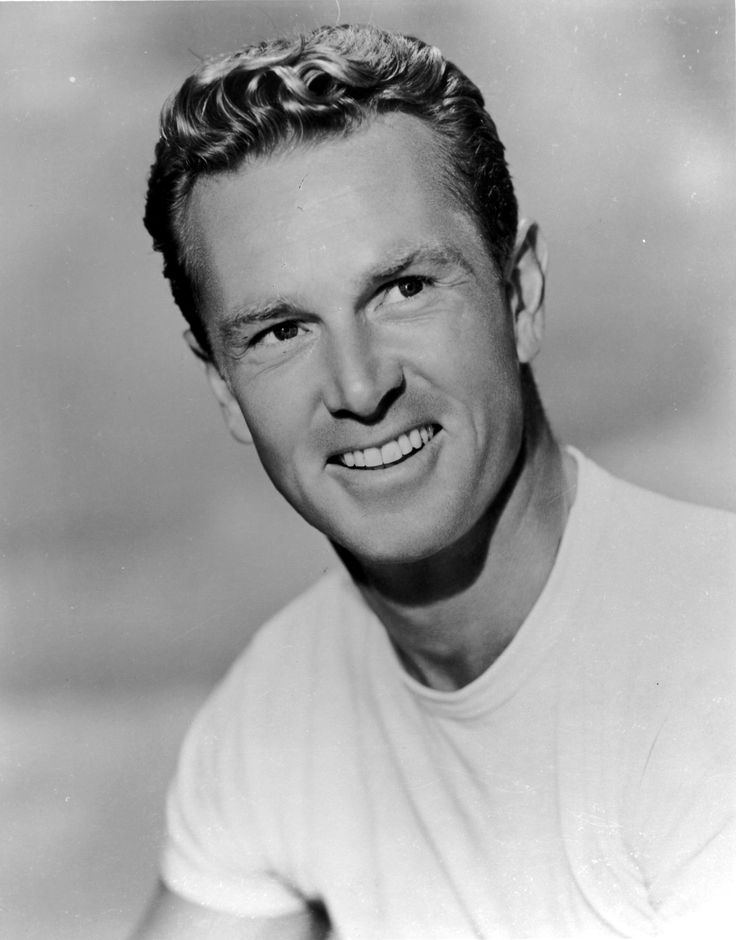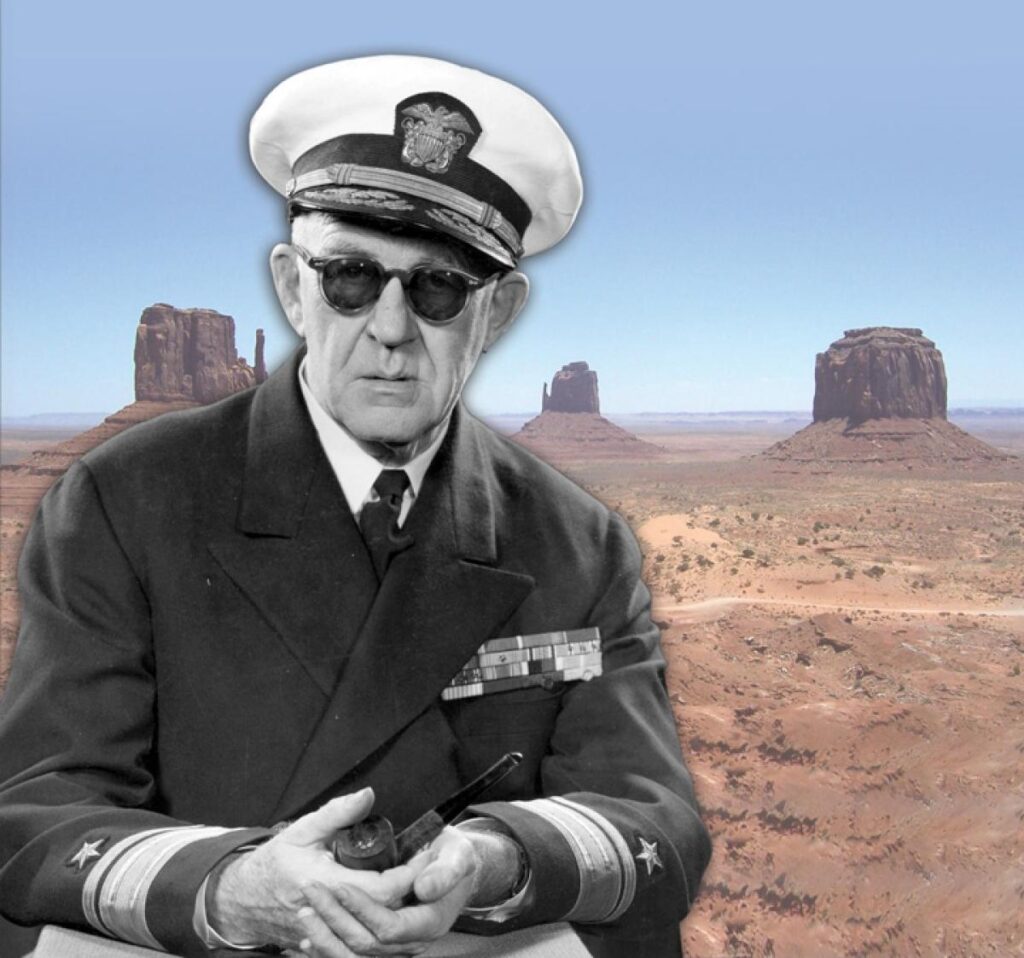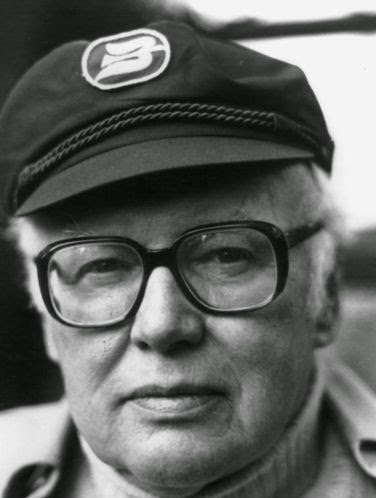


The uninformed might have run across this Washington Post article. They would have been reassured that they now knew everything there was to know about celebrities and spying. Because they are reading the Washington Post. The readers will remain sadly misinformed.
The article identifies Josephine Baker, Marlene Dietrich, Julia Child, Boston Red Sox player Moe Berg and Ian Flemming. All were involved in spying during WWII.
https://www.msn.com/en-us/news/other/a-surprising-number-of-celebrities-have-worked-as-spies/ar-AA1iE4IU
How did the expert author miss the guys pictured above?
Sterling Hayden, actor, author joined the US Army. He was then assigned to the Office of Strategic Services (OSS). OSS was the forerunner of the CIA. He was injured in a training accident and invalided out of the service. After he recovered, he enlisted in the US Marines. Wild Bill Donovon, the leader of the OSS, dragged him back into OSS. Hayden was sent to the Mediterranean Theater of operations. He had a very good war and eventually was awarded the Silver Star.
https://sofrep.com/specialoperations/remembering-sterling-hayden-actor-oss-operative/
The President of the United States of America, authorized by Act of Congress July 9, 1918, takes pleasure in presenting the Silver Star (Army Award) to Captain John Hamilton (AKA: Sterling Hayden) (MCSN: 0-22085), United States Marine Corps, for gallantry in action while serving with the Office of Strategic Services in the Mediterranean Theater of Operations from 24 December 1943 to 2 January 1944.
How about John D MacDonald? He was a member of OSS and served in the China-Burma-India Theater of Operations
https://en.wikipedia.org/wiki/John_D._MacDonald
In 1940, MacDonald accepted a direct commission as a first lieutenant of the United States Army Ordnance Corps. During World War II, he served in the Office of Strategic Services in the China-Burma-India Theater of Operations; this region featured in many of his earlier short stories and novels. He was discharged in September 1945 as a lieutenant colonel.
Finally, there is the most visible of all the celebrities John Ford. I call him the most visible because his work product can be found and viewed even today. John Ford, a Hollywood director, recruited a cadre of filmmakers to publicize the American war effort. Ford was a member of OSS.
https://www.cia.gov/stories/story/the-glorious-amateurs-of-oss/
It didn’t take a whole lot of effort to come up with John Ford, Sterling Hayden and John D MacDonald as spies for the OSS. If a broken-down retired narc can discover them, in less than five minutes, how come the Washington Post missed them? Two possibilities come to mind.
First is gross incompetence. Since it is the Washington Post, incompetence is a reasonable assumption. Secondly, there it is likely that inclusion of the three didn’t fit into the agenda of the Post. Either way, consumers of MSM would do well to remember the Gell-Mann effect.
https://loricism.fandom.com/wiki/Gell-Mann_Amnesia_Effect
The Gell-Mann Effect, also called the Gell-Mann Amnesia Effect describes the phenomenon of an expert believing news articles on topics outside of their field of expertise even after acknowledging that articles written in the same publication that are within the expert’s field of expertise are error-ridden and full of misunderstanding. The term was coined by author and film producer Michael Crichton. He explains the irony of the term saying it came about “because I once discussed it with Murray Gell-Mann, and by dropping a famous name I imply greater importance to myself, and to the effect, than it would otherwise have,” and describes the term in his talk “Why Speculate?” in which he says,
Briefly stated, the Gell-Mann Amnesia effect is as follows. You open the newspaper to an article on some subject you know well. In Murray’s case, physics. In mine, show business. You read the article and see the journalist has absolutely no understanding of either the facts or the issues. Often, the article is so wrong it actually presents the story backward—reversing cause and effect. I call these the “wet streets cause rain” stories. Paper’s full of them. In any case, you read with exasperation or amusement the multiple errors in a story, and then turn the page to national or international affairs, and read as if the rest of the newspaper was somehow more accurate about Palestine than the baloney you just read. You turn the page, and forget what you know.
— Michael Crichton[1]
